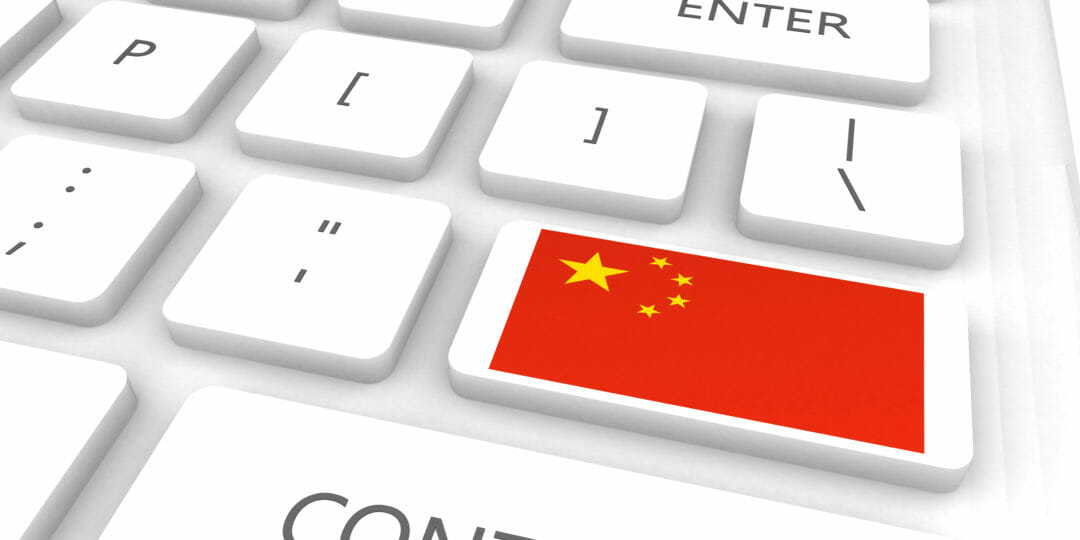The US will "take action" against China unless it takes "serious steps" to curtail cyber crime and economic espionage, a White House security advisor has warned.
"Increasingly, US businesses are speaking out about their serious concerns about sophisticated, targeted theft of confidential business information and proprietary technologies through cyber intrusions emanating from China on an unprecedented scale," Tom Donilon said at a meeting of the Asia Society in New York. "The international community cannot afford to tolerate such activity from any country."
Donilson said that the US seeks a peaceful relationship with China, but warned that it "will take action to protect our economy against cyber-threats".
"Economies as large as the United States and China have a tremendous shared stake in ensuring that the Internet remains open, interoperable, secure, reliable, and stable," he said, adding that financial transactions, critical infrastructure, intellectual property and trade secrets are "vital to innovation and economic growth".
Donilon called on the Chinese government to take three actions. First, it must recognise the "urgency and scope of the problem cyber theft poses to international trade, the reputation of Chinese industry and to our overall relations".
"Second, Beijing should take serious steps to investigate and put a stop to these activities," he said.
"Finally, we need China to engage with us in a constructive direct dialogue to establish acceptable norms of behaviour in cyberspace."
Last month, the White House published its new strategy to tackle 'economic espionage'. The strategy documented 20 recent cases of intellectual property theft from US businesses, 17 of which involved Chinese nationals.
The White House pledged to crack down on international economic espionage through diplomatic efforts; by promoting best practice to help businesses protect their IP; by improving US law; and by promoting public awareness.
Also last month, the New York Times reported that a "secret legal review" had concluded that the US government would be within its rights to launch a pre-emptive cyber attack if it found evidence of an imminent attack on its critical national infrastructure.







